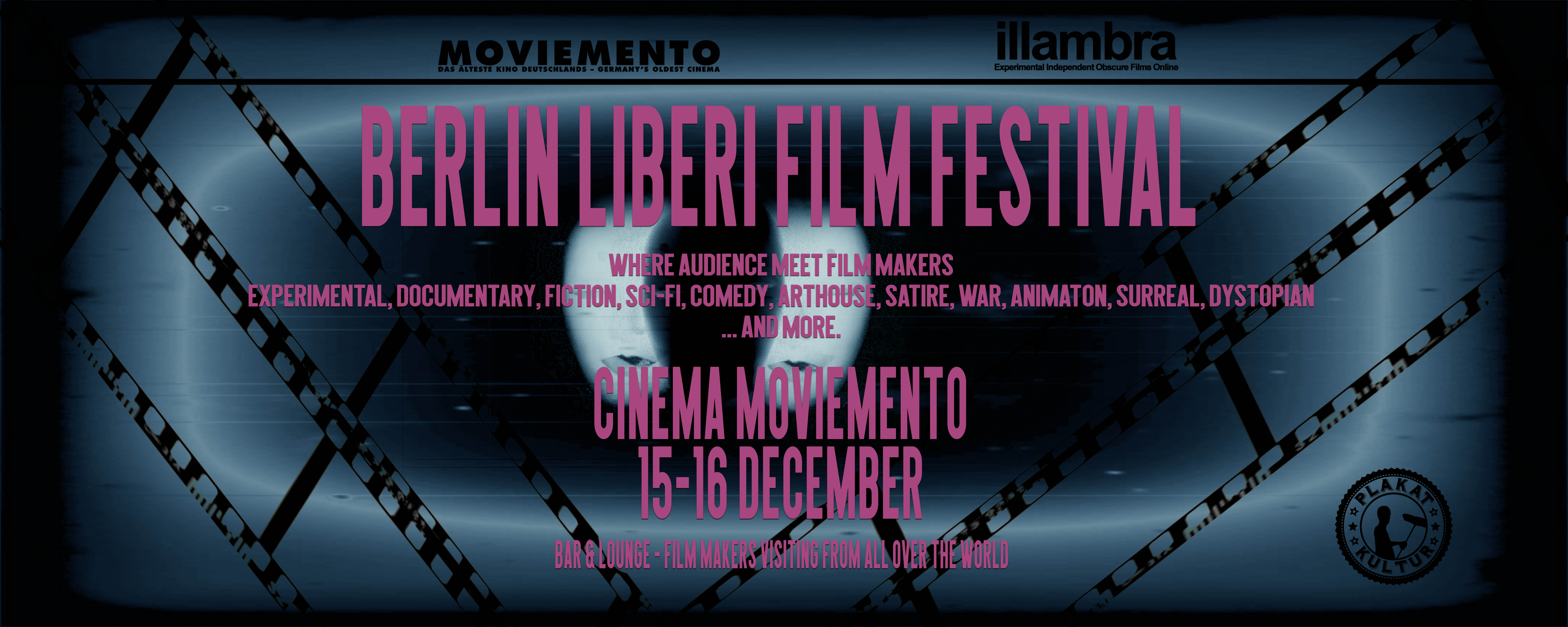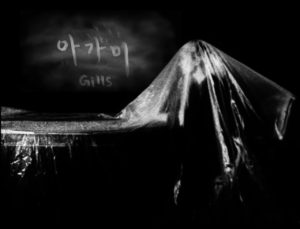
BLFF 2018 Short Film Review “Gills”
NO TRAILER AVAILABLE
First, the Recap:
Intense hungering, a pining, an aching need, When feelings such as this are in play, they form within us to the point of emotional exhaustion, for the outlets to find release from them is not always easy or available, especially when finding them in the context of loss. It becomes more than a physical freedom we seek, but rather one that gets burned into our very being, our psyche, as mentally draining as it is corporeally.
So it is for a woman (Zanete Skarule) who finds herself immersed in exactly this level of overt longing, wrapped up in it to an extent it is suffocating her every moment, consuming every fiber of her being. Escape seems impossible, as she strives against the force pulling at her, weighing her down, not allowing her a respite from what has become an agonizing experience. But, as with any hardship, no matter how insurmountable it seems, there might just be a light at the end of this long, dark, tunnel.
Next, my Mind:
It’s assuredly another fine example of the eccentricity and forward-thinking creativeness found in the ever-expanding scope that is independent cinema when it comes this highly abbreviated, one minute forty-two second short film effort from Korean director Jamie Kim, which just had a new moment in the sun via a recent screening at the 2018 Berlin Liberi Film Festival. An experimental perspective on the concepts of having lost someone dearly loved and never being able to see them again, the unique utilization of grainy 16mm film as the medium to execute its brief, image-based narrative provides not only an “old style” feel to what we as the viewer take in, but also delivers a decidedly haunting aura that effectively immerses us in the depth of one individual’s internal pain while making the sheer pressure and heaviness of this emotional turmoil a tangible adversary via the person and their surroundings being covered in plastic, often a literal sign of something being laid to rest or put away for good and most likely never to be considered again, which the film’s premise firmly establishes. Ultimately, however, it becomes a transient state of being for the protagonist, who might finally experience the absolute emancipation and closure she seeks, and the film’s visual for this is actually quite impactful when the viewer might contemplate their own personal encounters with loss, as Kim has herself indicated the film was born out of the passing of her father.
As indicated above, the film is undeniably arresting visually with its bold starkness and the ghostly attributes it presents for the viewer while so quickly illustrating the facets of how we as human beings process loss and the substantial potency of the burden it places upon us. It’s never a reality we wish to deal with, and that sense that the sorrow from it will never leave us is not an easy thing to let go of. Yet, as the film also chooses to showcase, we have the means within to overcome the grief and hurt, and when this occurs, it is such a blatantly refreshing actuality, very well portrayed in the film’s finale. The additional eeriness the aural aspect of the film provides via the sounds of strained breathing only aids in heightening the grander sense of “drowning” in distress the woman is undergoing while trying to process her anguish. Given there is no dialogue present, lead actress Skarule does a fantastic job and drawing the viewer in through her expressive body movements and facial manner, more so impressive given the majority of her screen time is acted out while under the plastic sheathes that so deftly characterizes her plight and state of being along with the film’s overall themes. By the time the endgame comes and her liberation from her psychological and, in this case for interpretive needs, physical prison comes about, the profound impact that has on the woman’s persona is visibly affecting and Skarule really makes the viewer feel that to great effect.
In total, “Gills” stands as another quintessential example of artistry, ingenuity, and clever filmmaking as only the indie world provides, and this reviewer keeps hoping that more and more fans of cinema will be willing and able to take in these efforts and find a new appreciation for the skill set filmmaking represents as both an entertainment and inspired medium, then finding ways to support these up-and-coming creatives so the world can be better introduced to projects that are original, refreshing, challenging to our notions about film, and to reassess what qualifies as worthy to promote and encourage for this new generation it represents.
As always, this is all for your consideration and comment. Until next time, thank you for reading!





